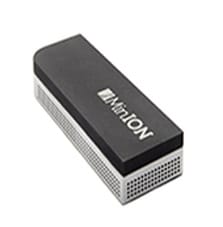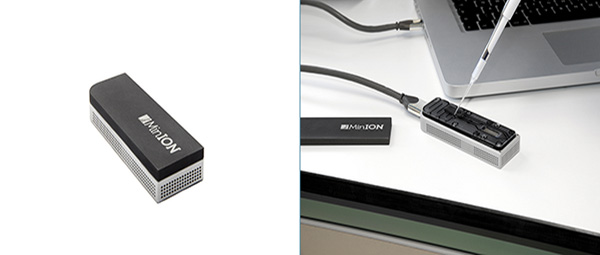Nanopore Sequences Genes Very First Time in Space, Courtesy NASA

Oxford Nanopore’s MiniION sequencers have successfully sequenced genes in space for the very first time at NASA’s International Space Station earlier this week.
“One small step for genetic research, a huge step for space-exploration.”
NASA has conducted feasibility of conducting genetic tests in microgravity conditions by using Oxford Nanopore’s USB sized MiniION genetic sequencers. The research conducted was part of NASA’s Biomolecular Sequencer project to enable genetic testing in space. The data obtained was sent back to earth to confirm the sequenced genes. The results showed that the genetic data obtained was on par with 20% of the best results obtained on earth.
NASA astronaut Kate Rubins used the MiniION on pre-prepared samples from earth, while researchers at Prior to the experiment researchers were in doubt whether the microgravity conditions would affect the nanopores and the ionic current required to push the DNA through the membranes.
The success will allow future astronauts to study the effect of space travel on the human genome, diagnose diseases at a genetic level, test food samples and identify pathogens cultivating inside the space station. The ability to identify the antibiotic necessary to cure a particular ailment would be crucial to future space exploration. Until now genetic sequencing was hampered by large sequencers, large sample sizes and infeasible/lengthy protocols. The MinION’s small size, microlitre sample size and the ability to sequence even an unknown genome rapidly have made it possible to even consider genetic sequencing in space. The other next generation genetic sequencing methods require a target gene sample to initiate sequencing, unlike nanopore that sequences almost anything that is thrown at it, albeit with increased error rates than other conventional sequencers.
Source: NASA

